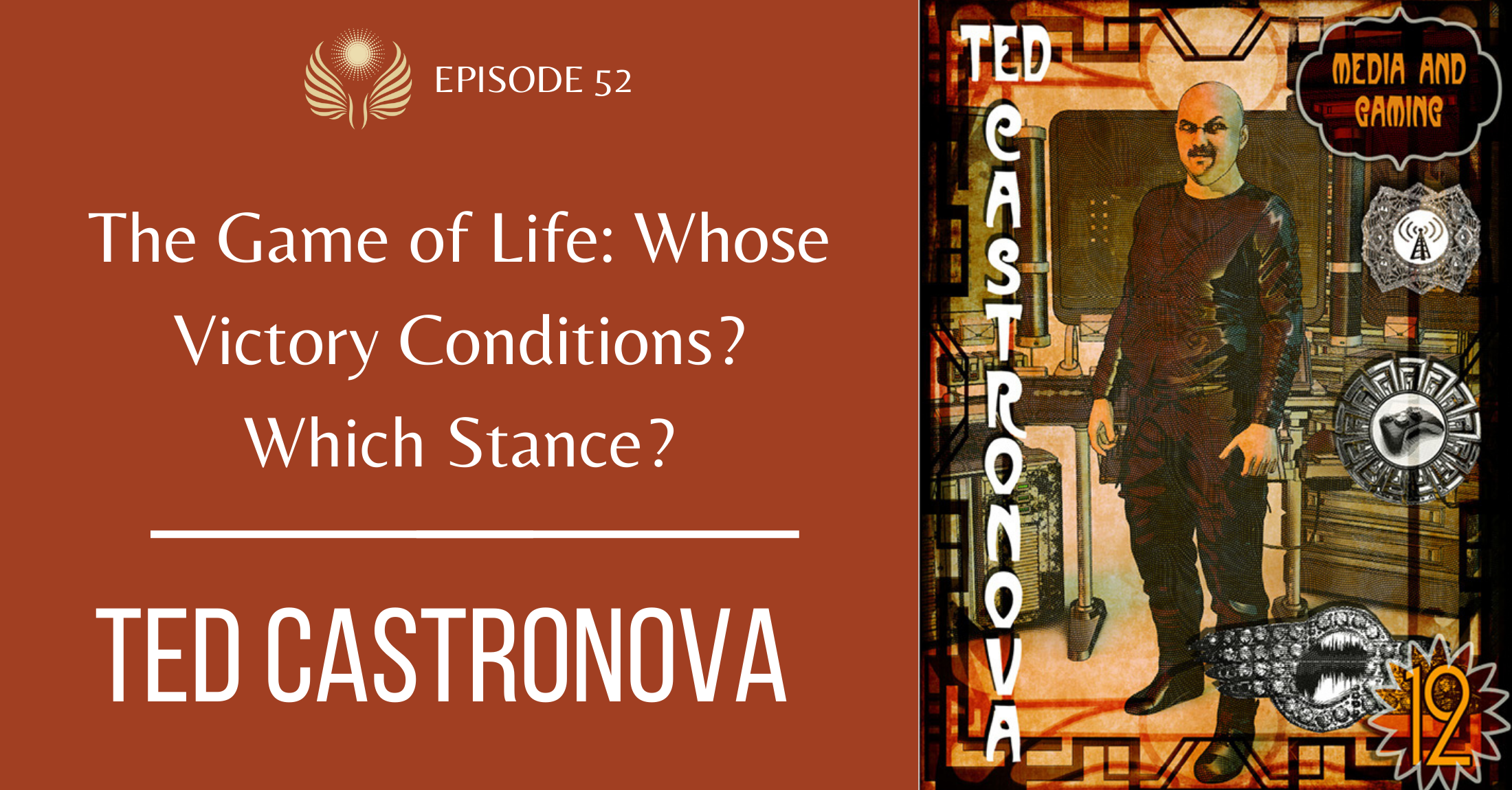Healthcare workers have been lauded as heroes during the pandemic; but even as nurses and other medical employees have been praised for their service, COVID-19 has exposed many of them to long hours, dangerous working conditions, and lack of resources. Although COVID may have magnified these problems in an unprecedented way, they are hardly new challenges for laborers in the healthcare industry. Is living with these conditions expected of heroes, or are nurses allowed to ask for something better? Does a desire to serve entail vulnerability to exploitation?
This coexistence of care and exploitation is a familiar theme for historian Gabriel Winant. In his book The Next Shift: The Fall of Industry and the Rise of Health Care in Rust Belt America, he uses Pittsburgh as an example of the economic shift from industry to services (including healthcare), and the impact that shift has on the working class. As a Marxist, the lens Gabe turns on these issues is different than Grant’s Catholic personalism; but together they tackle the health care industry, the current state of working class jobs, and many other issues. From the political power of nurses to the meaning of women’s work, they ask what care might look like in a society where it is not work to be marketed or exploited, but an act of freedom that finds value in others.




